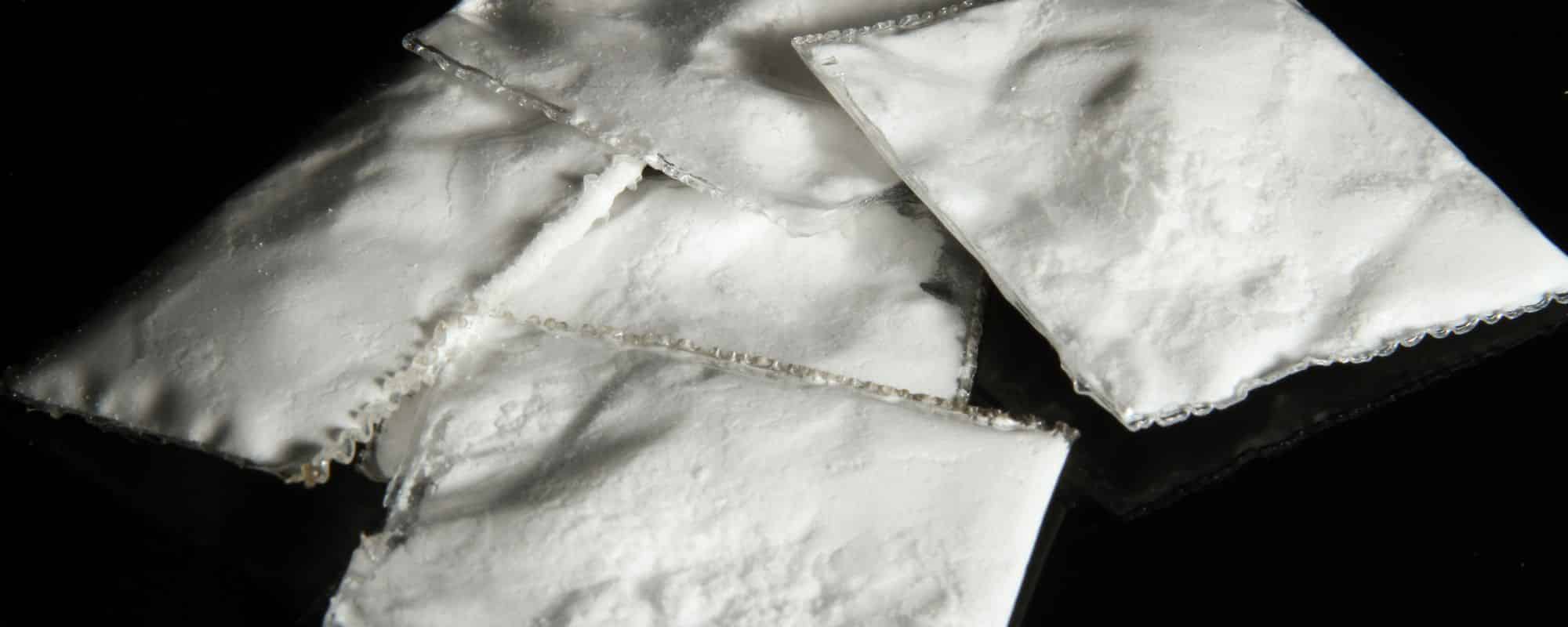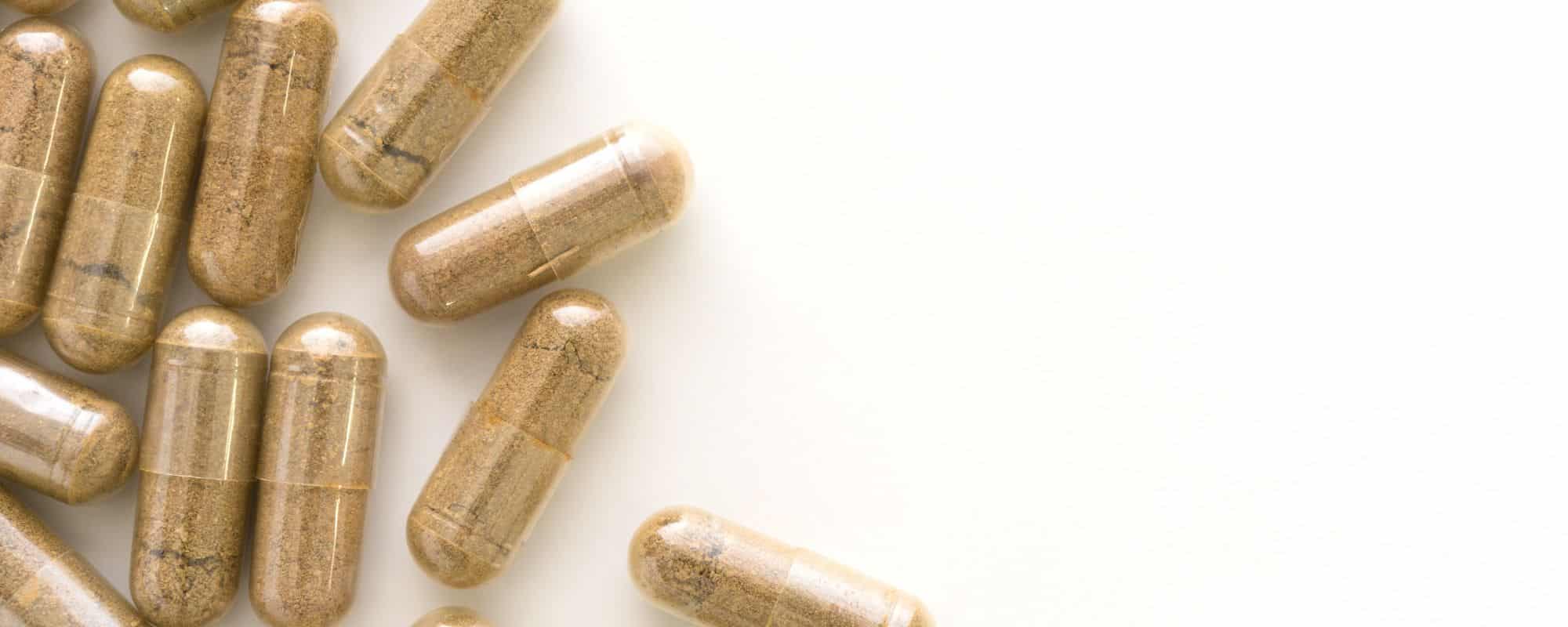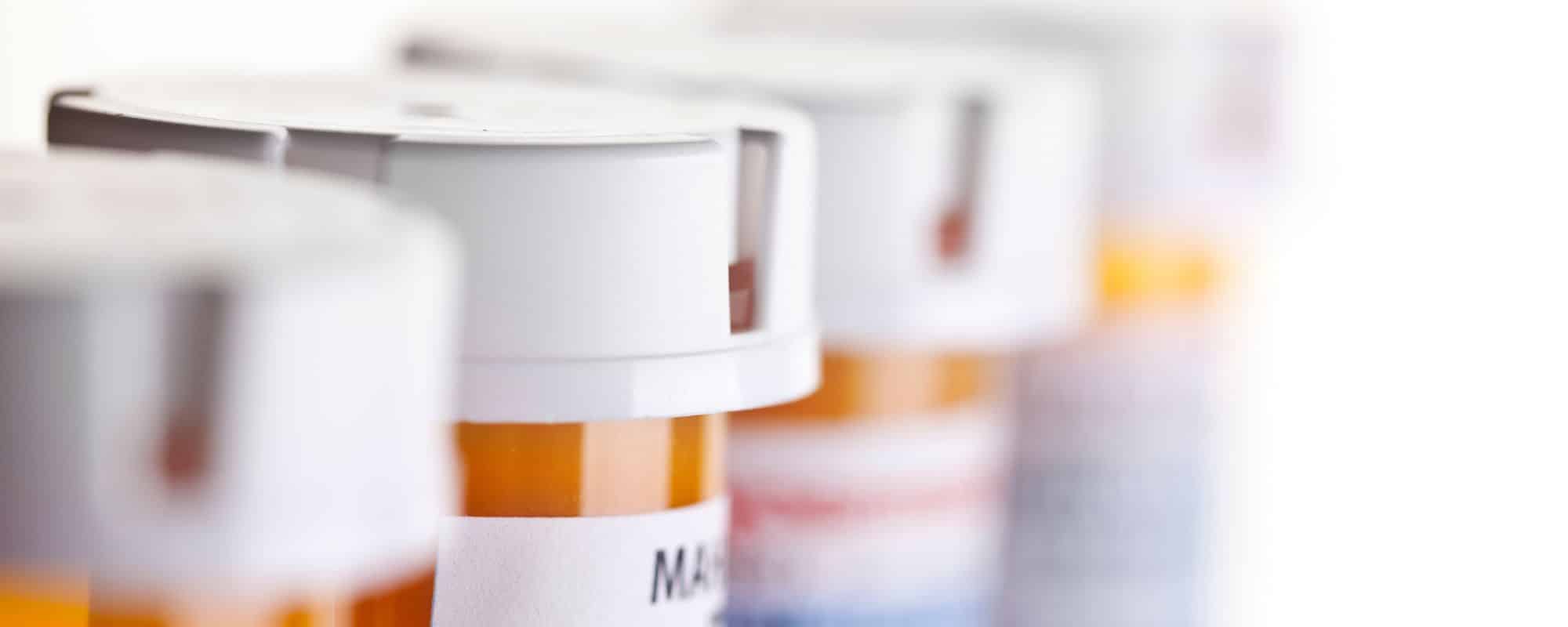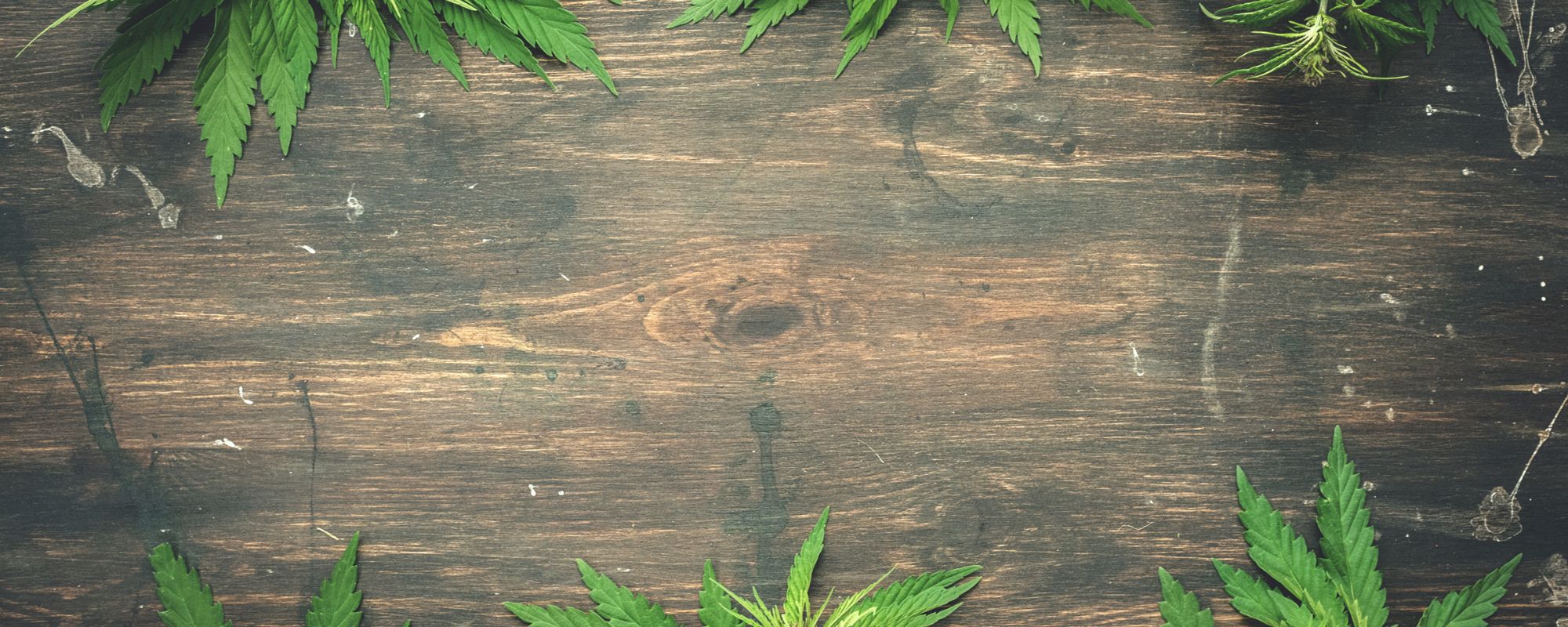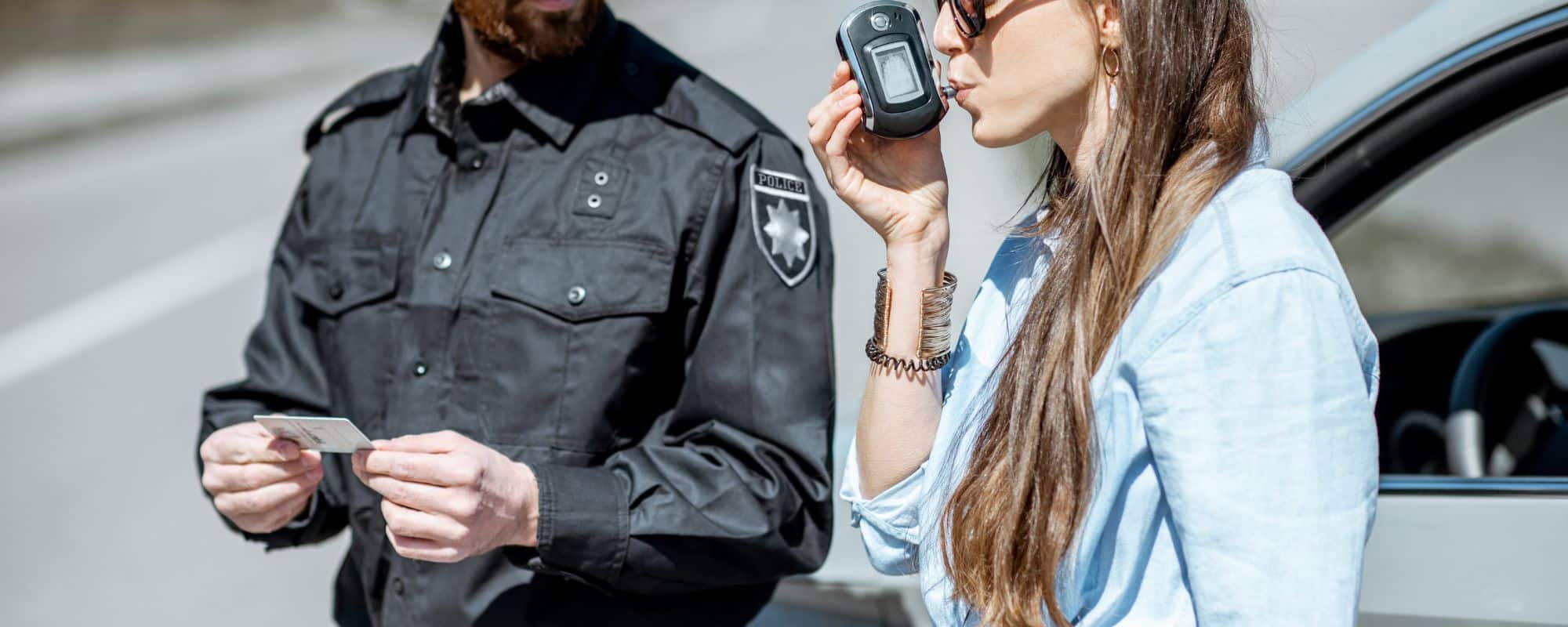There can be a connection between alcohol consumption and Irritable Bowel Syndrome (IBS). While alcohol itself doesn’t cause IBS, it can trigger or increase symptoms in people who already have the condition.
Alcohol can irritate the digestive system and affect the gut microbiome, leading to increased inflammation and discomfort for people with IBS. Additionally, alcohol can have a laxative effect and disrupt the normal functioning of the intestines.
Alcohol and IBS are sometimes connected because heavy alcohol consumption and gastrointestinal symptoms can be very similar. Both conditions may cause:
- Cramping
- Abdominal pain
- Diarrhea
- Other distressful symptoms like constipation
What is Irritable Bowel Syndrome (IBS)?
IBS is a digestive tract disorder affecting 5-10% of people and impacts the function of the large intestine. The exact cause of IBS is unknown, but diet, stress, hormones, and abnormalities in the digestive tract may play a role. Treatment typically involves dietary changes, lifestyle modifications, medications to manage symptoms, and stress management techniques. IBS is a chronic health condition, but many people can manage their symptoms effectively with proper care.
Common IBS symptoms include:
- The sensation of bowels are not empty after passing stools
- Changes in bowel habits
- Excreting mucus from the rectum
- Swelling or bloating of the abdomen
- Abdominal pain and cramping, which often reduce after passing a stool
What is Alcohol Use Disorder?
Alcoholism, or alcohol use disorder (AUD), is when you cannot control your alcohol consumption. As with any substance use disorder, there are degrees of severity, including mild, moderate, and severe. When alcohol intake gets out of control, your physical and mental health suffers.
The symptoms of alcoholism can differ from person to person. You’re usually diagnosed with AUD when alcohol use causes considerable impairment or suffering in your life, along with the inability to control your drinking habits.
How Does Alcohol Affect IBS?
Alcohol and IBS are not always directly related. It is not clear whether alcohol can induce IBS in someone not previously diagnosed. People who opt to avoid alcohol find their symptoms will improve over time.
The connection between alcohol and IBS can go both ways: alcoholism can increase stress levels, potentially triggering IBS symptoms. The role of stress is significant when dealing with IBS. Additionally, excessive drinking often leads to poor eating habits, which can lead to more frequent and intense IBS symptoms.
Examples of alcohol and IBS complications:
- Aggravate Existing IBS – alcohol consumption can worsen symptoms of pain or discomfort in the digestive tract.
- Increased Gut Sensitivity – Alcohol can irritate the lining of the intestines, leading to increased sensitivity in individuals with IBS, triggering symptoms such as abdominal pain, bloating, and diarrhea.
- Changes in How the Gut Moves – Alcohol can affect the movement of the digestive system, leading to either increased or decreased motility, contributing to symptoms like diarrhea or constipation.
- Changes in Gut Bacteria – Alcohol consumption can disrupt the balance of beneficial bacteria in the gut, which can exacerbate symptoms of IBS.
- Gut Barrier Changes – Chronic alcohol consumption can lead to increased intestinal permeability, allowing toxins and bacteria to leak from the intestines into the bloodstream, potentially triggering worsening IBS symptoms.
Treatment for IBS and Alcohol
Some people suffering from severe IBS symptoms try to use alcohol to cope with the condition and pain. In most cases, alcohol use is making their symptoms worse. But they may already be addicted to alcohol, so they can’t bring themselves to stop drinking.
IBS does not have a defined treatment. Some people relieve symptoms by restricting certain foods and abstaining from alcohol. The effects of alcohol use on IBS symptoms will continue if you don’t stop drinking. Alcohol Use Disorder can carry severe consequences if left untreated. Fortunately, many alcohol rehab treatment centers, like Vogue Recovery Center, provide options to help you stop drinking and begin your journey toward recovery.
Getting Help for Alcohol and IBS
People with IBS need to pay attention to their bodies and identify their triggers to manage their condition. In many cases, reducing or eliminating alcohol consumption can help alleviate symptoms and improve overall digestive health. However, it’s always best to consult a healthcare professional for personalized guidance specific to digestive health.
Self-Assessment: Am I Addicted?
"*" indicates required fields
Contact Us
Ready to Get Help? Get in Touch Today.
"*" indicates required fields
We are here to help you or your loved ones at Vogue Recovery Center. Seeking recovery from drug and alcohol addiction is a challenge, but with guidance, you can pursue a healthy and fulfilling life. A better future awaits.
Frequently Asked Questions About Alcohol and IBS
Can alcohol trigger IBS symptoms?
Alcohol can irritate the digestive tract, particularly if you have IBS. When people with IBS consume alcohol can experience symptoms such as cramping, bloating, and diarrhea in people with existing IBS.
Do alcohol and IBS cause other medical issues?
Alcohol and IBS can both lead to a higher risk of other chronic health issues. These may include serious conditions like cardiovascular disease.
Additionally, alcohol use disorder is associated with a higher risk of developing other gastrointestinal disorders, such as:
- Gastritis
- Esophagitis
- Pancreatitis
What happens if someone with IBS drinks alcohol?
People with IBS find certain types of alcoholic beverages, like drinks high in sugar or carbonation, can trigger symptoms like abdominal pain, diarrhea, or bloating. IBS can also cause alcohol to not be metabolized properly, leading to other health issues.
References
- https://www.ncbi.nlm.nih.gov/pmc/articles/PMC3921083/
- https://journals.lww.com/md-journal/fulltext/2015/12210/alcohol_use_disorder_increases_the_risk_of.29.aspx
- https://doi.org/10.1038/ajg.2010.55
- https://www.ncbi.nlm.nih.gov/pmc/articles/PMC4697992/
- https://www.virtua.org/articles/how-does-alcohol-affect-irritable-bowel-syndrome

Evan Gove

Latest posts by Evan Gove (see all)
- Dangers of Mixing Prozac and Alcohol - September 10, 2024
- Is Prednisone Addictive? - September 9, 2024


